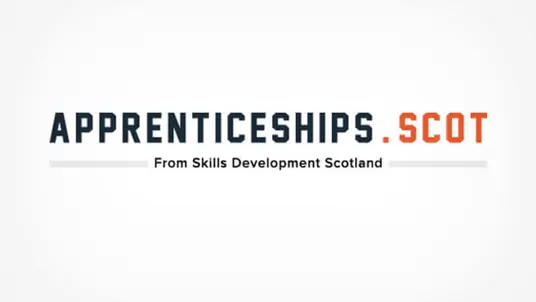How to become a steeplejack
There are several routes to becoming a steeplejack. You can gain the qualifications you need by completing a college course, on-the-job training through an apprenticeship or applying directly to an employer.
You should explore these routes to becoming a steeplejack, to find out which is the right one for you. Although some of these options have certain qualification requirements, many employers are more interested in people who are enthusiastic, willing to learn and can follow instructions.
You may need a Construction Skills Certification Scheme (CSCS) card to work on a construction site.
College/training provider
There are no formal entry requirements to be a steeplejack, however GCSEs in maths, English, science or design and technology may be useful.
You could start your career by studying a construction-related qualification, such as bricklaying or scaffolding, and then specialising to become a steeplejack. If you want to specialise as a lightning conductor engineer, you’ll need ability in maths and a basic understanding of electrical theory.
Apprenticeship
You could start your career by completing a bricklaying or scaffolding apprenticeship, and then specialise to become a steeplejack.
Apprenticeships are open to anyone over the age of 16. As an apprentice, you’ll be fully employed by your company and expected to work a minimum of 30 hours a week. Your time will be split between on-the-job experience and a college or training provider.
Work
If you have some basic experience, you could apply directly to a construction company to gain onsite experience as a steeplejack. You might start out as an assistant to a more experienced steeplejack and progress as your abilities improve.
Work experience
Work experience is essential to gaining employment within the construction industry. You could gain this at school, or by working weekends and holidays with a company or relative who works as a steeplejack. Potential employers will always be pleased to see work experience listed on your CV.
Skills
Additional skills which may benefit anyone considering a job as a steeplejack include:
- Confident to work at height, outdoors, in all weather
- Good level of physical fitness
- Knowledge of maths
- Ability to be thorough and pay attention to detail
- Patience and be able to remain calm in stressful situations.










